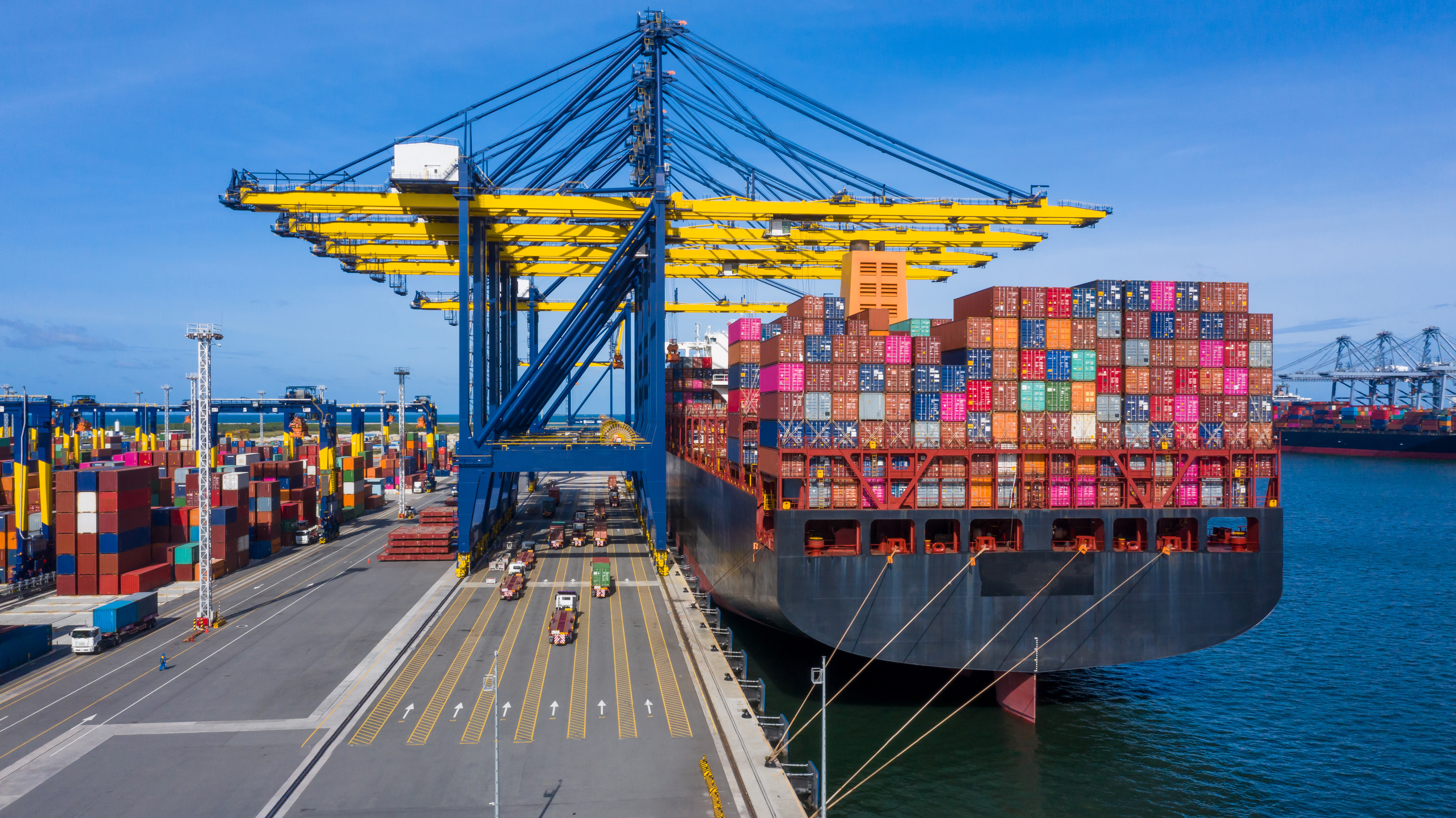The global Liquefied Natural Gas (LNG) market is undergoing significant transformations driven by geopolitical tensions, evolving trade routes and shifting demand patterns. As the world grapples with energy security and sustainability, the LNG sector faces unprecedented challenges and opportunities. This article explores the contractual implications of navigating the complexities of uncertainty in the LNG landscape, highlighting the contractual provisions to consider to navigate the shifting landscape more effectively.
Geopolitical Risks
The geopolitical landscape has a profound impact on LNG contracts. Regional conflicts, such as those in the Middle East, have heightened security risks for LNG carriers. For instance, the Red Sea has become a hotspot for security concerns, with only a few LNG vessels daring to navigate its waters. These risks necessitate the inclusion of specific contractual provisions to mitigate potential disruptions.
Key contractual provisions to consider include trading limits, sanction clauses, designated entities clauses, war risks, piracy clauses and force majeure. These provisions help address the uncertainties and risks associated with geopolitical tensions, ensuring that parties are adequately protected.
For example, BIMCO’s Piracy Clause 2013 offers an alternative performance option in the event of a perceived piracy risk and an indemnity from the charterer for any additional costs involved in transiting a high-risk area.
War risk clauses are also common in charterparties and need to be closely considered if the vessel is operating in affected regions. These clauses give the Master discretion to decide whether the vessel is exposed to war risks and to allow for cancellation or refusal to perform the part of the voyage that exposes them to such risk. The wording of each clause should be carefully considered to ensure that the parties understand the bargain they made. For example, when considering if the alternative performance option applies, the following factors should be taken into account:
1) The definition of war risk under the individual clause and whether the factual circumstances fit within it;
2) Whether the level of risk is sufficient to invoke the provisions – it can be less than 50% but needs to be more than bare possibility. Please see the guidance offered by the Courts in TRITON LARK [2012] 1 Lloyd’s Rep 151.
Operational Considerations
In addition to geopolitical risks, there are several operational considerations that should be addressed in LNG contracts. One critical aspect is the calorific value of LNG compared to fuel oils. The range of calorific values for LNG is broader than that for fuel oils, which can lead to overconsumption claims when operating in LNG mode.
To mitigate this issue, it is essential to negotiate a post-delivery review period when entering into a time charter for a new-build ship with performance warranties lifted straight from the shipbuilding contract. This review period will allow for adjustments to the warranties to reflect the actual performance of the ship.
Another operational consideration is the risk of fuel oil deteriorating on board. Cheaper LNG means using LNG storage as bunkers while fuel oil is still on board. Prolonged storage might lead to deterioration of such fuel. Traditional charterparties do not deal with such circumstances. This concern can lead to contractual disputes if not adequately addressed. Parties might consider including contractual provisions allocating responsibilities between owners and charterers if fuel oil is kept on board for a long time. Among others, issues such as allocation of risk when adding special additives to the fuel oil on board, debunkering and associated costs should be addressed.
Sanctions
Global sanctions are constantly changing, making it extremely difficult for anyone involved in international trade to keep on top of the potential implications. The 2020 BIMCO Sanctions Clause provides a balanced allocation of the risks of sanctions to owners and charterers. This clause allows parties to claim for breach of contract, cancel the charterparty or request fresh employment orders where the transaction involves either a “Sanctioned Activity” or “Sanctioned Party”.
It is crucial for contracting parties to undertake due diligence on any parties that might be involved to ensure they are not sanctioned, thereby avoiding the triggering of the sanctions clause. Regularly reviewing the lists of parties to whom sanctions apply is essential to remain compliant with the 2020 BIMCO Sanctions Clause provisions.
Conclusion
Navigating uncertainty in the shifting LNG landscape requires a thorough understanding of the contractual implications of geopolitical risks, relevant provisions, potential claims and interplay with insurance. By being well prepared and having the right provisions in place, industry players can mitigate the risks and navigate the shifting landscape more effectively.




![The Solomon Trader [2025] EWCA Civ 1387: The ‘pay to be paid’ rule affirmed in the Court of Appeal](/fileadmin/uploads/ukpandi/News_Images/AdobeStock_104743067.jpeg)
